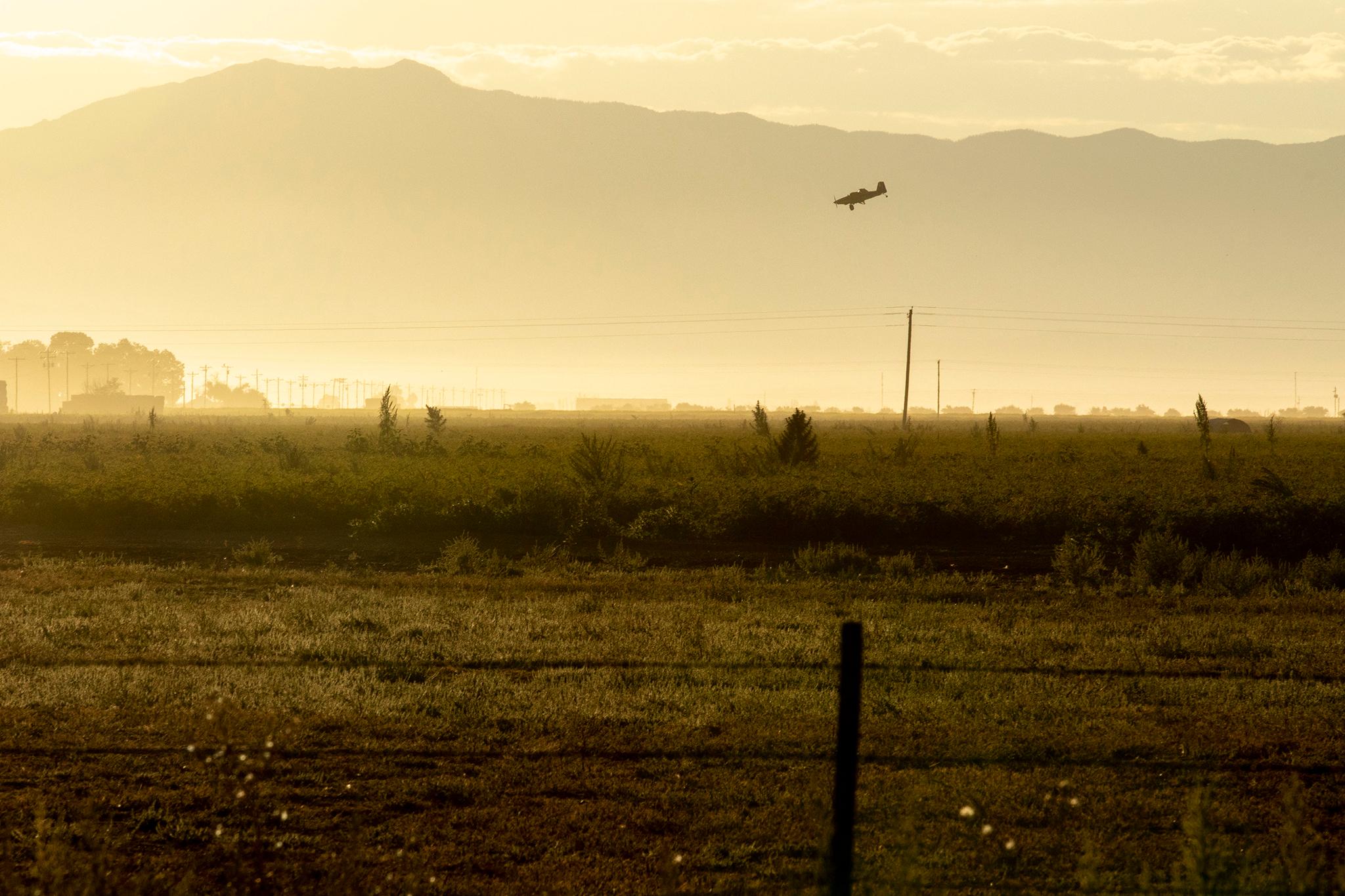
Tom McCracken could always depend on temperatures to dip below freezing around mid-September, killing his potato vines and ending the growing season in Saguache County.
“We used to count on a frost by September 15 at the latest,” said McCracken, who began farming in the area in 1987 and is now a county commissioner. “Now you cannot count on a frost until mid-October. It’s changed considerably.”
McCracken’s observations align with new data from the Colorado Climate Center, which shows September 2021 was the hottest September on record for much of the surrounding San Luis Valley.
The San Juan Mountains and parts of Larimer County also had their hottest September on record, the data shows. Statewide, it was the third-warmest September in Colorado’s history, tying with September 1998.
It was also a drier month than usual for the Front Range and much of southern Colorado, according to state climatologists. After a wet spring and summer — the result of timely monsoon rains — moderate to severe drought conditions have started to return to eastern parts of the state. A swath of northwest Colorado remains under exceptional drought.
State officials anticipate fall will be warmer and drier than normal, stressing vegetation and soil that is already parched across the state, according to a report from the Colorado Department of Natural Resources.
San Luis Valley residents are currently fighting about how much water is available to them, McCracken said. Farmers growing potatoes, barley and alfalfa are pumping much of that water from wells, he said, all while the area’s snowpack is melting earlier than normal and evaporating before it can recharge local water sources.
“Agriculture is in crisis in the San Luis Valley right now, and the drought and climate change have certainly not made anything better,” he said.
McCracken, an organic farmer, now grows raspberries, apricots and other fruits north of Crestone. His orchard finally received a frost Sunday, he said.









